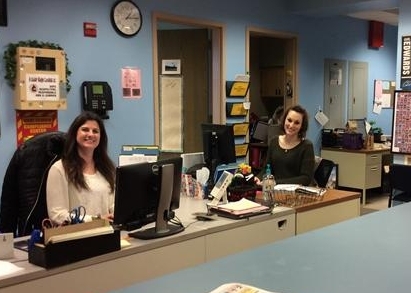Memories are lasting.
I often say to parents, imagine what you would like your children to say about you at their twenty-first birthday or even your funeral!
They will reflect on the longer picture of their life's journey with their family and have memories especially about how they were valued and heard. Think about your own images of how you were reared. I would imagine you will have a general image of how you were loved and generally how parents nurtured you. The little details often get lost in the wash. It is the general feeling of how parents loved and cared for you that counts. Sometimes we become so focused on the small daily problems without considering that a child just sees you as the overarching person looking after their well being. It is quite common in counseling students that they quickly refer to the general image they have of their parents." Yes mum understands me". " I can talk to dad as he listens." These images are being formed throughout their rearing. They just sense how they are being cared for through parent's overall manner with them.
Aspects like patience, understanding, peacefulness, sympathy are words I often hear from children who talk about their families. When a child feels vulnerable around their parents, perhaps over having been in trouble, their first anxiety is how they lose value in the eyes of the parents.
A great activity with children is to ask the child to draw their family as animals and talk about their character through the image of the animals. For example. some may draw an owl as they see their parents as wise. Some may draw a zebra as mum is always running and on the go. This could be a fun activity for all the family. Always keep in mind the big picture. This is all about the overall feeling a child has about how they are valued and nurtured.



















